The looming centenary of the outbreak of the first world war offers an opportunity to break away from the Blackadder/Oh! What a Lovely War vision, which dominates popular perceptions. Nobody sane suggests a celebration. But, in place of the government’s professed ‘non-judgmental’ approach to commemoration, ministers could assert that although the war was assuredly ghastly, it was not futile. Whatever the shortcomings of the Treaty of Versailles, a peace imposed by a victorious Germany would have been much worse. David Cameron often mentions with pride Britain’s role in resisting Hitler. In 2014, it would be good to hear him acknowledge that Britain, and those who died in her name, were also right to resist the Kaiser’s generals.
David Heathcoat-Amory is my only friend now deafer than me. He says he does fine at parties by deploying two questions to which he does not need to hear answers: ‘How’s the old complaint?’; and ‘How’s the book?’, the latter because everyone he knows is writing something. The same goes for my acquaintances. BBC veteran Peter Snow published a stirring tale last week about the 1814 American campaign, during which the British army burned the White House. Although 75, Peter’s manic enthusiasm is undiminished. I recently had dinner at his house, where we discussed 1914 with his enchanting sister-in-law Margaret Macmillan, who next month publishes her own epic study of the approach to war. She and Ann Snow left Peter and me on our own for just one course: a visit to the vast model railway in his attic. I was mad with envy.
Having seen the long list for the Samuel Johnson Prize, Charles Moore should be a shoo-in for his biography of Margaret Thatcher. If he misses out, the only conceivable reason will be ideological bias among the judges against author or subject.
I am trying to persuade Tom Bower to write an autobiography, and have suggested a title: Dancing With Scoundrels. He and I first worked together 40 years ago on a BBC film about Robert Maxwell. Think of others in Tom’s subsequent cast: Tiny Rowland, Richard Branson, Geoffrey Robinson, Mohammed Fayed, assorted Nazi war criminals, Richard Desmond, Bernie Ecclestone, Simon Cowell. To mix metaphors, he is the only man ever to have forged a brilliant career by serving as a tour guide to the Chamber of Horrors.
The prodigious Michael Howard — the ‘good’ MH, as we call the former regius professor, to distinguish him from another one — came to lunch on Sunday. At 90 he is wise and fluent as ever, much relieved that the West has stepped back from deploying force in Syria. Nobody I respect in the military or intelligence loop wants to go near the place. Stephen Biddle of the US Council for Foreign Relations emailed me his own evidence to a Congressional committee: ‘Although there are no cost-free or risk-free options, the costs and risks of using force are greater than those of standing down. The underlying difficulty is a major interest asymmetry between Assad, whose stakes are existential, and the United States, whose interests are limited. This makes it unlikely that limited uses of force will accomplish goals we have already announced, especially the removal of Assad. Yet a self-limited use of force that ends without achieving significant goals could also fail to send the message of resolve that many now see as the chief reason to strike Syria… The only way to send a message of resolve with high confidence would be to over-invest with a major military effort whose scale exceeds our real stake in the conflict. I doubt many Americans would support this.’ President Obama has obviously reached the same conclusion.
The Tory MPs who last weekend criticised government defence policy, or lack of one, are right. It is ironic that the Prime Minister has shown himself so enthusiastic about military adventures, while eviscerating the army in clumsy pursuit of cost-savings. He has continued construction of two giant aircraft-carriers, the cash for which might more usefully have been spent on replicating the Egyptian pyramids. He has abolished the familiar name of the Territorial Army, replacing it with an unsustainable reserve force which is now embarrassingly under-recruited, while slashing regular infantry numbers. Philip Hammond is everything one could wish from a receiver in bankruptcy, but a robotic persona makes him less plausible as a Defence Secretary.
David Crane wrote generously in last week’s books pages about my 1914 history, Catastrophe. I was dismayed that he should think I ‘hate’ the British army. On the contrary, I have loved it all my life, but want its reputation to rest on its achievements, not on jingo legends.
Got something to add? Join the discussion and comment below.
Get 10 issues for just $10
Subscribe to The Spectator Australia today for the next 10 magazine issues, plus full online access, for just $10.
Max Hastings is a former editor of the Daily Telegraph and London Evening Standard and author, most recently, of Catastrophe 1914: Europe Goes to War.
You might disagree with half of it, but you’ll enjoy reading all of it. Try your first month for free, then just $2 a week for the remainder of your first year.


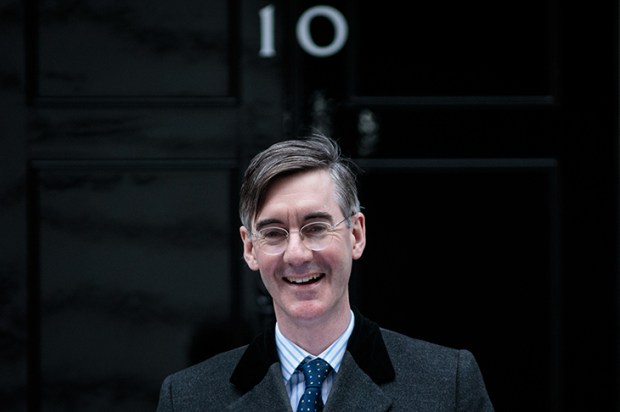
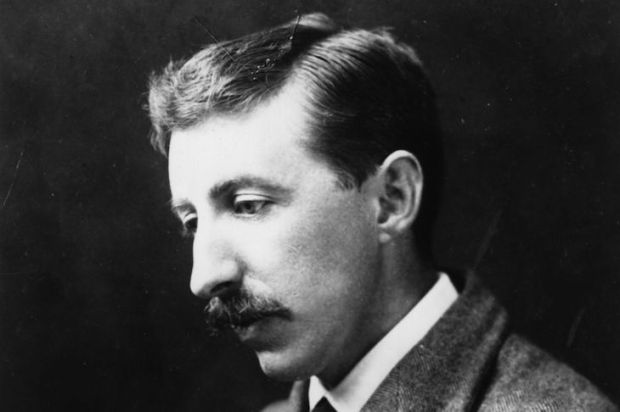

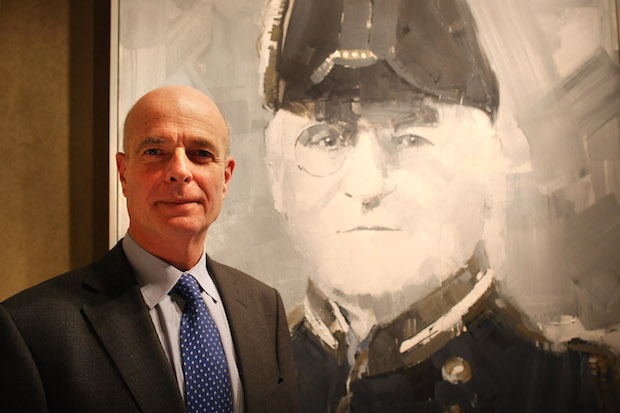
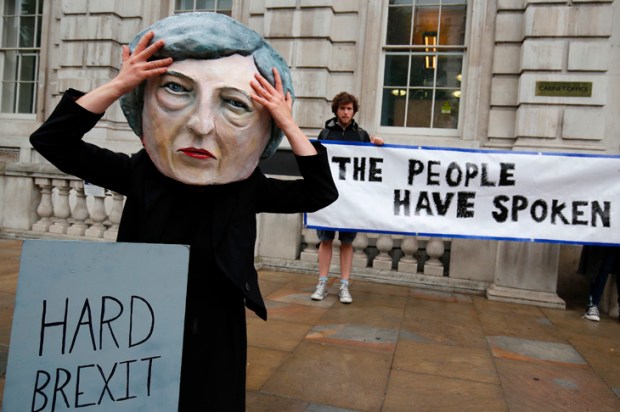
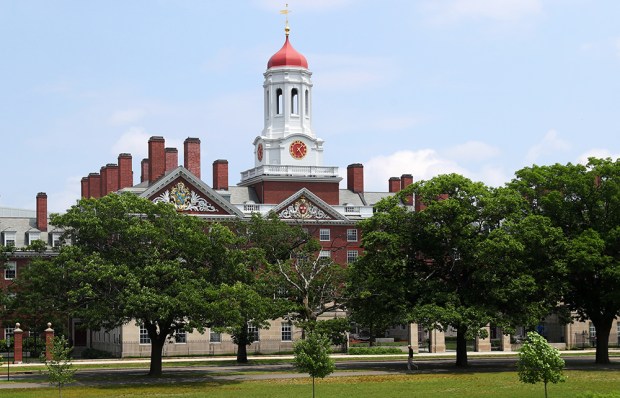






Comments
Don't miss out
Join the conversation with other Spectator Australia readers. Subscribe to leave a comment.
SUBSCRIBEAlready a subscriber? Log in